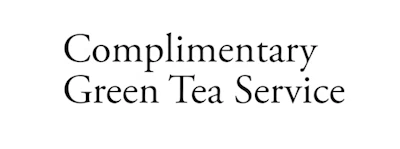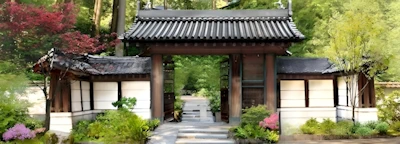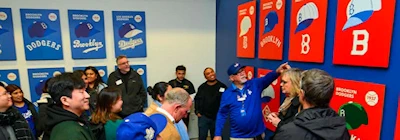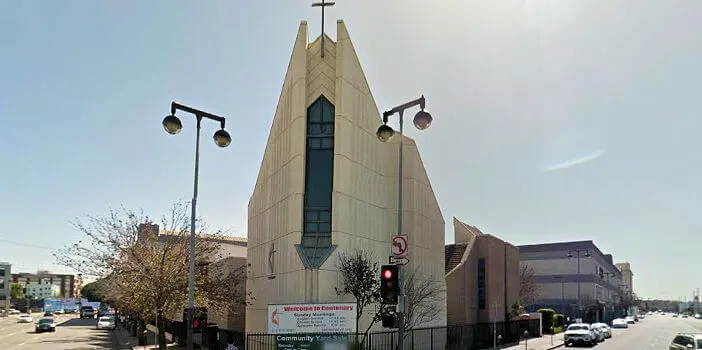Centenary United Methodist Church
Event Location
Los Angeles, CA 90013
Centenary United Methodist Church was founded in June 1896, as “The Japanese Methodist Episcopal Mission of Los Angeles,” by first-generation Issei immigrants who had come to America from southern Japan. The five charter members organized themselves in a house at 252 Winston Street, in the “Little Tokyo” area of downtown Los Angeles.
In 1906 they purchased a house at 1120 Georgia Street, where the ministry expanded under able servant-pastors. The mission joined other Japanese Methodist Episcopal mission congregations along the West Coast and interior parts of the western U.S. as the Pacific Coast Mission Conference.
By 1925, local realtors began to enforce restrictive covenants regarding property ownership, forcing the mission to move outside of Little Tokyo. The members secured a corner lot at the intersection of Normandie Avenue and 35th Street in South Central Los Angeles. With the help of The Methodist Home Mission and the Church Extension Board, funds were provided from the Methodist Centennial funds in 1926 that enabled them to complete the purchase of it.
This generosity enabled the church to participate in Methodism’s 100-year, centennial celebration in America. The members honored this celebration by renaming themselves “Centenary Methodist Episcopal Church.” A few years later the name was shortened to “Centenary Methodist Church.”
On December 7, 1941, Japanese forces bombed the American naval base in Pearl Harbor, Hawaii plunging America into WWII. Two months later, on February 19, 1942, President Franklin D. Roosevelt issued Executive Order 9066, ordering the forced evacuation of all “alien and non-alien” persons of Japanese ancestry from the West Coast into assembly centers and, ultimately, concentration camps.
As with all Japanese American churches that were located within the evacuation areas, Centenary closed its doors and the ministry came to a halt. Many families that were evacuated left their possessions in the church for the duration of the war. Upon the end of the war and the closing of the camps, members returned to Los Angeles with nowhere to live. The church became their physical as well as spiritual home, assuming the role of a hostel for families and individuals.
Centenary became a vital source of faith and community for the next two generations. Guided by strong pastoral leaders and faithful laity, Centenary became known for its many programs that reached out to all ages, particularly youth and young adults.
In 1968, the church name was changed to “Centenary United Methodist Church,” reflecting the merger between the Methodist Episcopal Church and Evangelical United Brethren Church.
In the mid-1980s, Centenary was able to return to its home by securing property at the corner of Central Avenue and 3rd Street in Little Tokyo. In the ensuing 10 years, the congregation raised funds to build a social hall and administrative building, culminating with the completion of the sanctuary in 1995, one year before its 100th (Centennial) Anniversary.
In the ensuing 10 years, the congregation raised funds to build a social hall and administrative building, culminating with the completion of the sanctuary in 1995, one year before its 100th (Centennial) Anniversary.
Today, Centenary United Methodist Church claims its rich Japanese American Christian heritage while also opening its heart and doors to becoming a diverse, multicultural and multiethnic congregation for all to claim as their church home.
Contact
Phone: (213) 617-9097Location Website
Click to Visit
(For Event Information See Event Website Page)
Authentic Japanese Gardens (United States)
Best Japanese Gardens
Japanese Rock 'Zen' Gardens (United States)
Best Japanese Rock 'Zen' Gardens
Japanese Teahouses (United States)
Best Japanese Teahouses
Japanese Museum Art
Japanese Museums Map of Japanese Museums

















